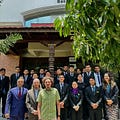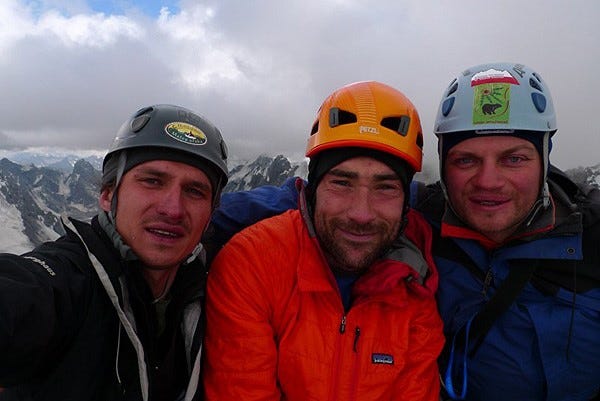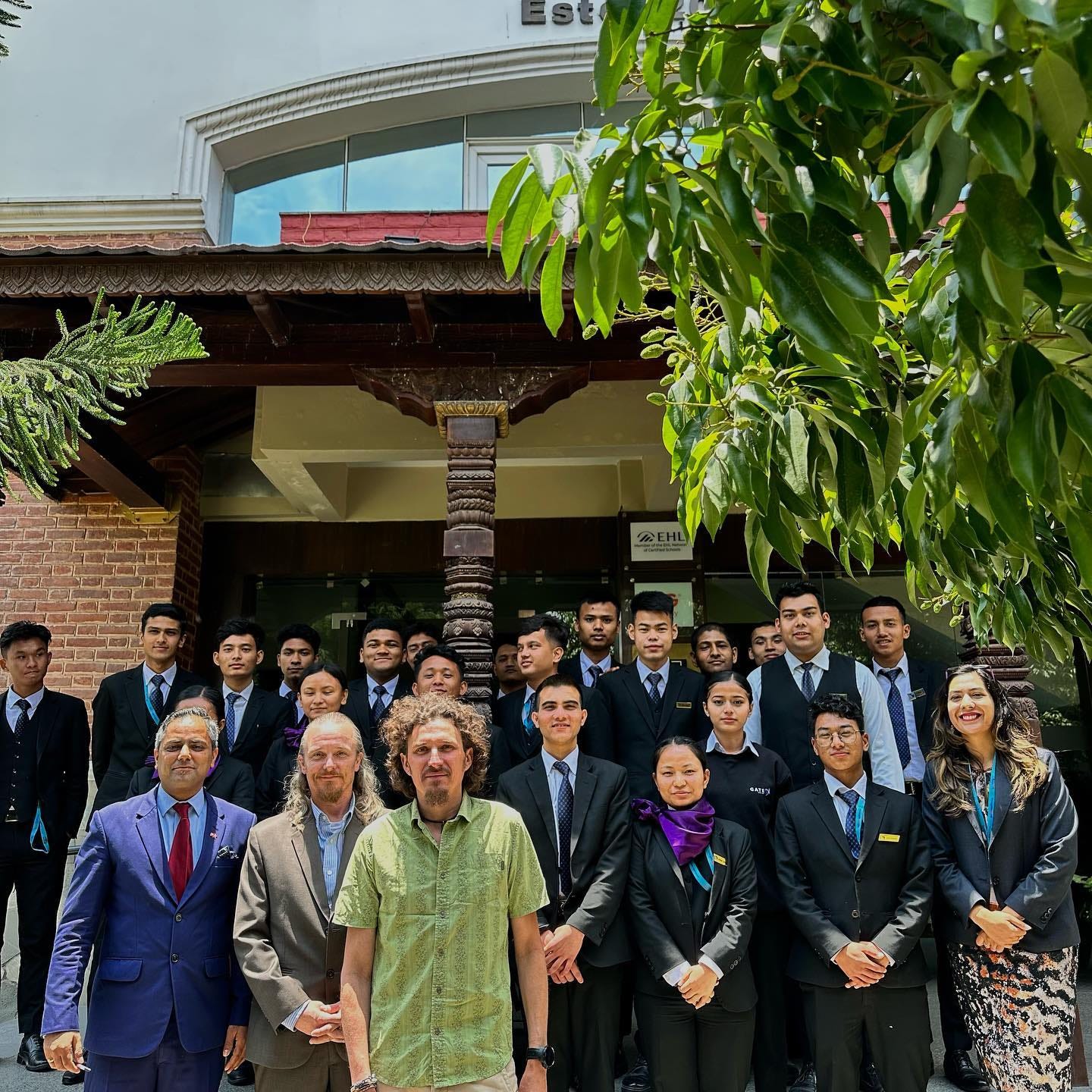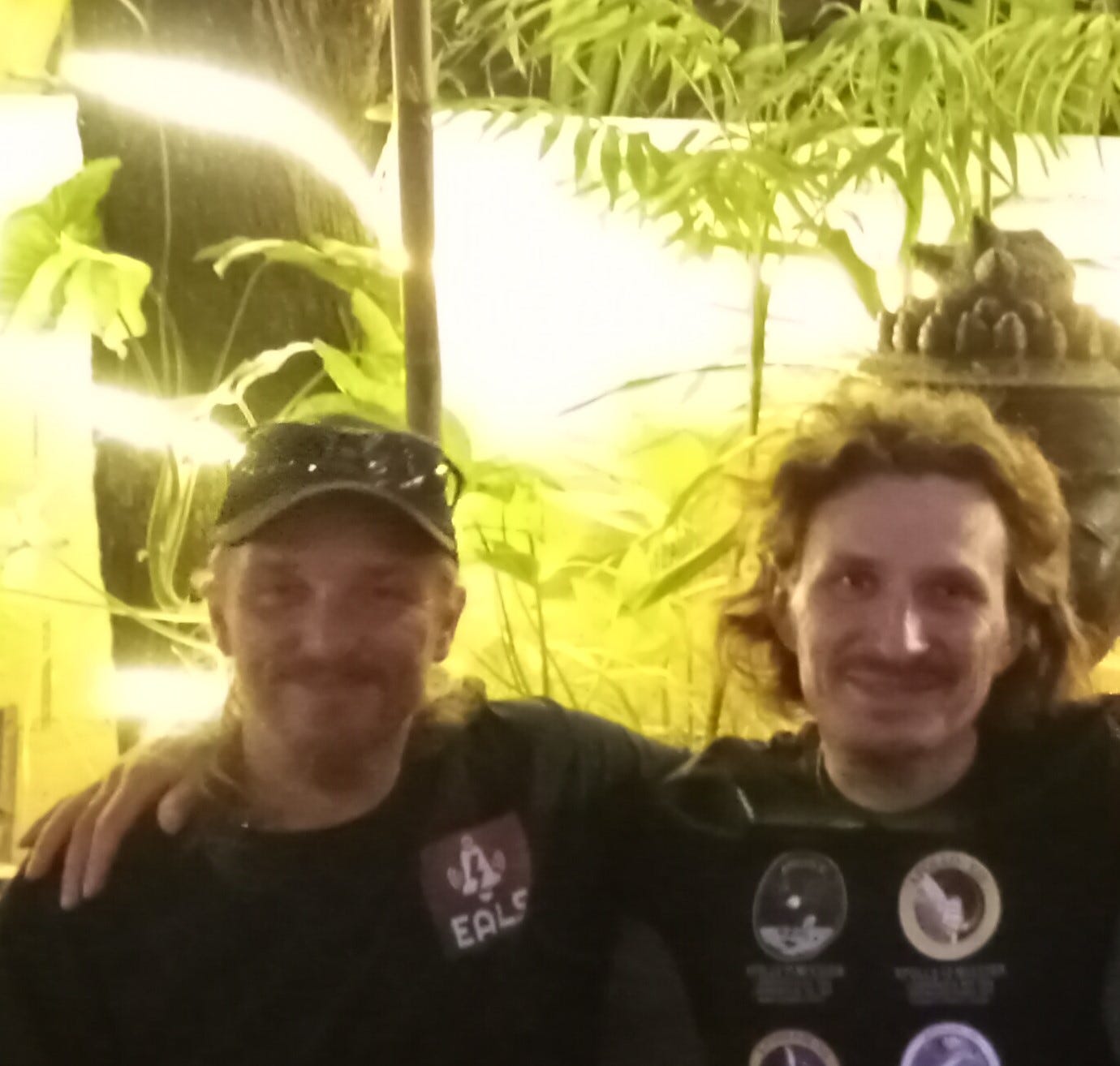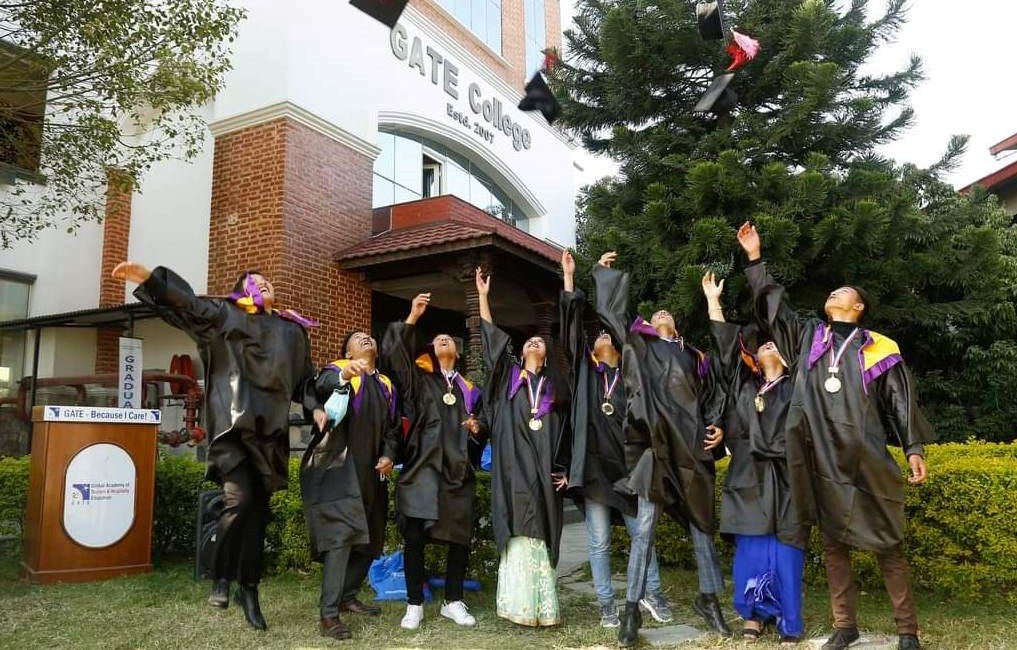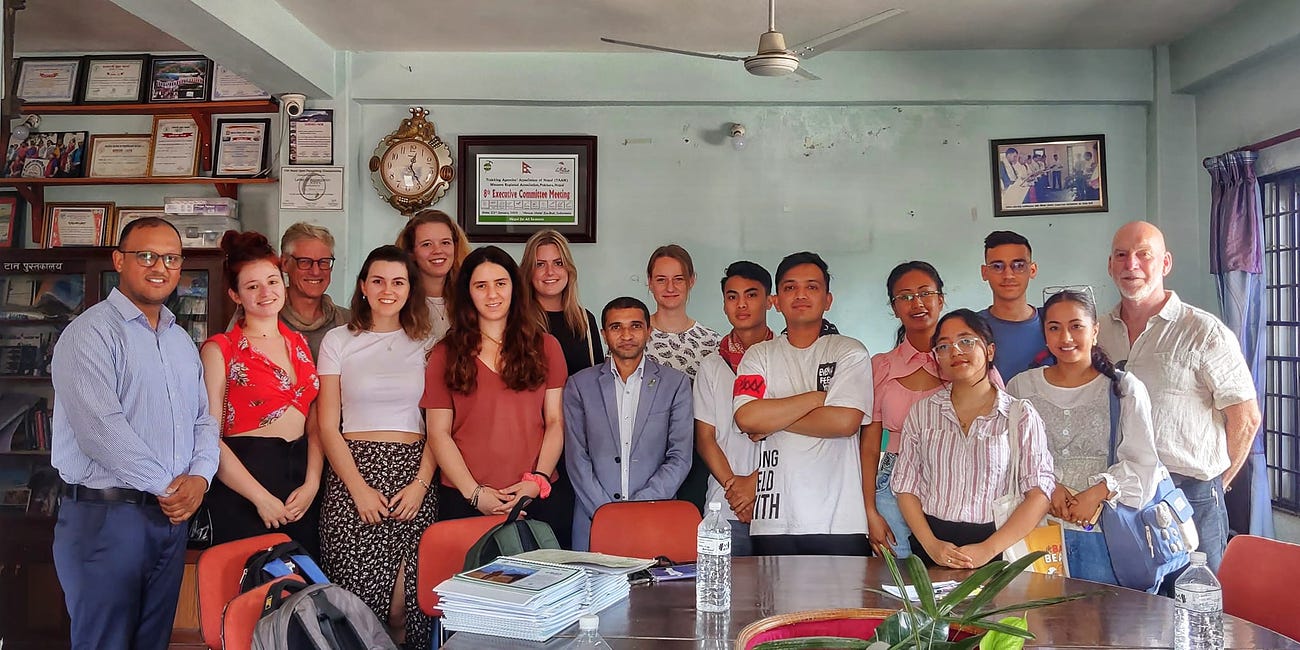Pushing the Limits to Create a more Sustainable World
This is the 3rd Article in the Sustainability in Tourism, Hospitality, Education, and Agriculture Series
Life fascinates sometimes. By virtue of my stay in Nepal, I had the great fortune to meet Professor (Assistant) Michal Apollo from the Institute of Earth Sciences, University of Silesia in Katowice, Poland, and a Fellow of Yale University’s Global Justice Program, New Haven, USA. Dr Apollo has an M.Sc. and Ph.D. in Earth science in the field of geography and works at the Pedagogical University of Cracow, and PGCert in Global Development at the University of Warsaw. He focuses on tourism management, consumer behaviors, and environmental and socioeconomical issues. Specifically, he examines human presence in high mountain regions, and how they interact with the environment there. He is developing a concept of sustainable use of environmental resources, and how this interweaves with the interests of the stakeholders—i.e., the people living and working in these areas.
Unlike some scholars, Dr. Apollo takes his work to the physical extreme. He has travelled to more than 60 countries across 6 continents and has scaled peaks in several of them, including the Masala and Forgotten Peaks. In addition, he is an ultra-runner—having completed a 100-mile trail race—a diver, photographer, and science popularizer. His research has taken him to many intense environments, one of which was Mount Everest’s base camp. Aside from his physically demanding work, Dr. Apollo also serves on the board of Academics Stand Against Poverty (ASAP) - a global professional association that empowers academics to make greater impacts on severe poverty.
Dr. Apollo has published and edited numerous works, including Environmental Impacts of Mountaineering, Poverty and Development, Mountaineering Tourism, Nature-Based Tourism in Asia’s Mountainous Protected Areas, among many others. These and other works focus on the significantly increased popularity in extreme tourism, such as mountaineering, as both a sport and tourist destination, and the impact this is having on the environment of those delicate ecological regions. In particular, he notes that the offering of “luxury packages” to modern mountaineers may have “dangerous consequences.” One problem, he asserts, is that the marketing of mountaineering adventures might lead inexperienced climbers into a false sense of security, thereby endangering them, their guides, rescuers, and others on the mountain. Moreover, more climbers—of whatever skill level—means more environmental degradation, pollution, and socio-cultural impacts on the local communities.
Like other researchers featured in this series, Dr. Apollo’s studies involve engagement with stakeholders to participate in the process of protecting their own livelihoods. This might include pursuing added regulations, experiential requirements for climbers, and demands for implementing more sustainable practices. In an article published in 2016, for example, Dr. Apollo explored the handling of tons of human waste left behind by climbers across the world. In all, Apollo and his fellow researchers visited 20 mountain locations on every continent (except Antarctica), as high up as nearly 7,000 meters (22,841 feet), to conduct that study. And yes, by human waste he referred to excreta.
Michal Apollo, Phil Varley i Marek Żołądek on Virgine peak in Himalaya, Forgotten Peak, first ascent. Photo: M. Apollo
Unsurprisingly, areas seeing higher numbers of mountaineers face mounting problems associated with human feces and urine. The paper offers numerous recommendations for all stakeholders—not just the local proprietors and residents, but the visiting tourists, mountaineers, and pilgrims. Dr. Apollo’s theme across all of his works emphasizes a community-wide response. Solutions can’t be the responsibility of governments or local communities alone.
I met Dr. Apollo by luck, really, having happened to attend his presentation at the Global Academy of Tourism and Hospitality Education (GATE College) in Kathmandu, Nepal. He discussed tourism in the context of climate change, and what sort of problems and solutions are needed for tourist industries in the future based on predicted climatic vicissitudes. GATE College has made it its mission to educate its students on making sustainability a priority in their future roles in the hospitality industry. Inviting researchers from a variety of fields has been a pivotal part of that educative process. I wrote on GATE’s own practices in the first installment in this series (linked below).
Photo courtesy of Gate College
As a longtime friend of the college, I have followed GATE’s efforts toward promoting greener practices in all elements of tourism and education. My great fortune of association with this remarkable college has introduced me to many extraordinary students and scholars who are working toward ensuring a brighter future in the shadow of the significant global problems wrought upon us by climate change. Dr. Apollo might be unique among them by the way he endures the physical challenges of tackling these issues in some of the most difficult, and complex, ecosystems throughout the world. It is with great honor that I am now able to call Michal my friend.
Author with Dr. Apollo
Books by Dr. Apollo
Forthcoming:
Apollo, M., Wengel, Y. Pogge, T. (Eds.) (2024). Pro-Poor Mountain Tourism. London: Routledge.
Recent:
Apollo, M., Andreychouk, V. (2022). Mountaineering Adventure Tourism and Local Communities: Social, Environmental and Economic Interactions. Cheltenham: Edward Elgar.
Apollo, M. & Wengel, Y. (2022). Mountaineering Tourism: A Critical Perspective. London: Routledge.
Apollo, M. (2021). Environmental Impacts of Mountaineering: A Conceptual Framework. Cham: Springer.
Apollo, M. & Moolio, P. (2022).Poverty and Development: Problems and Prospects. Bristol: Channel View Publications.
Jones, T., Bui, H. & Apollo, M. (Eds.) (2021).Nature-Based Tourism in Asia’s Mountainous Protected Areas: A Trans-regional Review of Peaks and Parks. Cham: Springer.
***
I am a Certified Forensic Computer Examiner, Certified Crime Analyst, Certified Fraud Examiner, and Certified Financial Crimes Investigator with a Juris Doctor and a master’s degree in history. I spent 10 years working in the New York State Division of Criminal Justice as Senior Analyst and Investigator. Today, I teach Cybersecurity, Ethical Hacking, Digital Forensics, and Financial Crime Prevention and Investigation. I conduct research in all of these, and run a non-profit that uses mobile applications and other technologies to create Early Alert Systems for natural disasters for people living in remote or poor areas.
Find more about me on Instagram, Facebook, Twitter, LinkedIn, or Mastodon. Or visit my non-profit’s page here.
To read previous installments in the series Sustainability in Tourism, Hospitality, Education, and Agriculture, see below.


